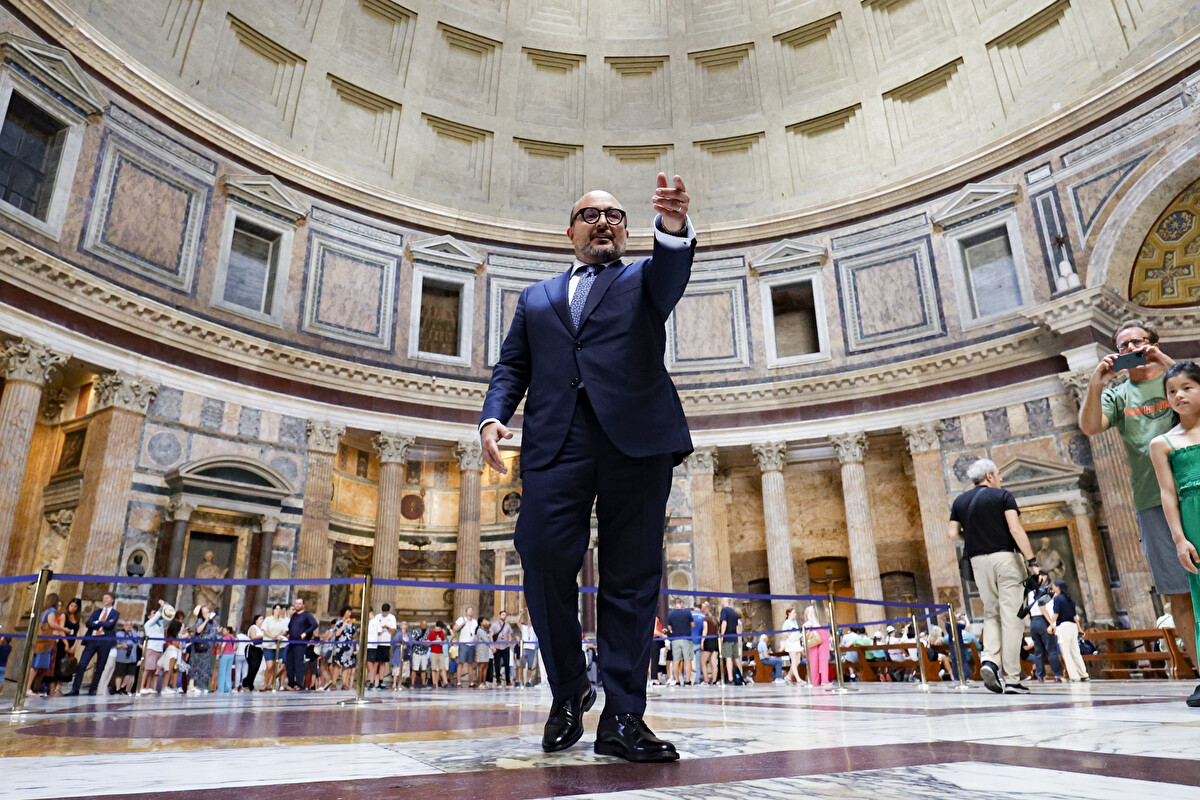The federal seizure of NYPD Commissioner Edward Caban’s cell phone last week, along with those of his chief of staff, several high-ranking officers, and even his brother, has thrust Mayor Eric Adams’ administration into the spotlight for its troubling ties to a culture of impunity within the New York Police Department.
Allegations of favoritism and intervention on behalf of Adams’ inner circle have raised concerns about the erosion of accountability within one of the largest police departments in the world. And while aggressive policing has defined his term in office, Adams’ efforts to protect certain officials from discipline signal a dangerous trend towards ethical erosion within the department.
When Adams, a former NYPD captain, assumed office, his promises of addressing crime while respecting civil liberties were met with hope. Yet, as his administration progressed, the NYPD under his leadership became a lightning rod for controversy. Tens of thousands of arrests for minor infractions have been made, and the department has increasingly clashed with the city’s oversight bodies.
The arrest and subsequent release of retired officer Kruythoff Forrester in 2021 is an instance of how Hizzoner allegedly used his influence to manipulate disciplinary outcomes. Jeffrey Maddrey, the NYPD Chief of Department, intervened to have Forrester’s charges dismissed after he had chased a group of boys through Brooklyn with a gun. The city’s oversight body recommended Maddrey face disciplinary action, yet Adams personally requested then-Commissioner Keechant Sewell to refrain from taking action. Sewell defied this request, but her resignation followed soon after.
The implications of the incident reflect a growing unease within the department. As former officers and officials speak out, a picture emerges of favoritism and double standards. “The police department has never been good on transparency and accountability,” Chris Dunn, legal director of the New York Civil Liberties Union, told the Gothamist, adding, “But this department has taken it to a new low.” According to ProPublica, Caban himself has intervened in over 50 disciplinary cases, often protecting officers involved in violent incidents from administrative trials. This stark contrast with his predecessor, Sewell, who only intervened in eight such cases, points to a widening divide in how the NYPD is managed under Adams.
The impact of Adams’ behavior reaches beyond the higher ranks, affecting the morale of officers throughout the force. David Sarni, a retired NYPD detective, lamented the favoritism shown to high-ranking officials, noting that their impunity sends a harmful message. “So another boss gets away with something that if I was a detective and I did that, I would have been fired for,” Sarni said. This disparity in discipline, especially for top brass, has fostered frustration and resentment.
Despite these controversies, Mayor Adams’ office has pointed to falling crime rates as evidence of his success. Yet, rising complaints of police misconduct—5,600 last year, a 51% increase from the previous year—paint a more complex picture. While Adams defends policies like “stop and frisk” as useful tools if applied correctly, critics argue the racial disparities in policing have worsened. Only 5% of those stopped under these policies are white, compared to previous years under Mayor Bloomberg’s controversial policing strategies.
As Adams tightens his control over the NYPD, city officials and advocates alike worry about the long-term damage to public trust and police integrity. Councilmember Gale Brewer remarked that while mayoral influence over the NYPD is nothing new, Adams has taken it to an unprecedented level. “He does play a big role in managing the police department,” she said, noting that previous mayors had allowed commissioners to exercise greater autonomy.
The mayor’s involvement doesn’t stop at behind-the-scenes influence. Recently, NYPD’s public relations team moved reporters out of the department’s headquarters, while top officials used social media to attack journalists and even launched a campaign against a councilwoman. Lincoln Restler, another councilmember, observed that this aggressive behavior has been emboldened under Adams’ leadership. “There’s a culture of impunity that has always existed within the police department, but it has been boldly embraced by the leadership of the NYPD during Mayor Eric Adams’ tenure,” Restler stated.












